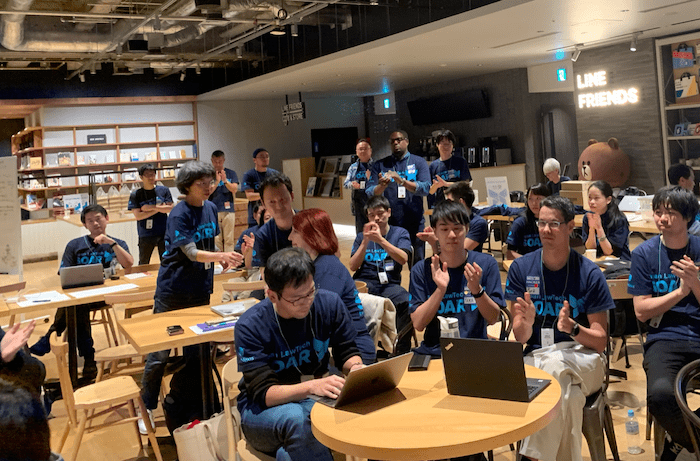
In what appears to be a world first, a Japanese law firm – Nishimura & Asahi – has invested in a foreign legal tech company: in this case ‘app store’ Reynen Court. The move is far more significant than just the money the company will receive, and indicates a new level of interest in legal tech in Japan – the third largest economy in the world – but which has only recently started to show enthusiasm for integrating tech into legal work processes.
The undisclosed sum follows investments from Clifford Chance, Latham & Watkins and Orrick. Not including this latest funding, the app store, which gives security guarantees and also allows clients to use third-party applications directly through the platform, has gained $14.5m so far to help grow the business globally.
Hajime Ueno, a Partner and CTO of Tokyo-based Nishimura & Asahi, which is the biggest firm in Japan, said: ‘We will … be working with Reynen Court to standardise a joint approach to helping vendors localise their products for the Japanese and Asian markets. We look forward to actively joining in this exciting and now truly global collaboration.’
As mentioned, what really matters here is not so much the money in itself – Reynen Court can get that from many different sources – but rather the fact that one of Japan’s leading law firms has sent a very strong signal about the importance of legal technology to its peers and clients, in a market where interest has remained ‘nascent’, rather than ‘blossoming’.
Artificial Lawyer has attended some of the first ever legal tech events in Japan, first in 2017, and then in 2019 this site took part in the country’s first ever legal tech hackathon, called SOAR and organised by Maurice Rabb, who currently works for Baker McKenzie in Hong Kong.

By chance, when Artificial Lawyer’s founder, Richard Tromans, was in Tokyo for the hackathon last autumn, Reynen Court’s CSO, Christian Lang, also happened to be there.

While the move will certainly help Nishimura to get easier access to plenty of legal tech applications, it also helps to send a positive message to what is a small but growing Japanese legal tech sector.
Probably the most famous company there is Legal Force – the country’s legal AI pioneer. Also, UK-based Lexical Labs, which has a focus on contract review, has shown a strong interest in working with Japanese clients, in part because its co-founder, Simon Black, was once based in Tokyo, at Allen & Overy’s office there.
Naturally, we can’t expect these points of positivity to change a market like Japan overnight, but it’s a step in the right direction. Japan is home to some of the world’s largest corporations, and its legal sector – staffed by bengoshi – has already opened up considerably to foreign law firms and plenty of major deals and disputes work takes place hand-in-hand with major firms from across the planet. Becoming part of the global legal tech sector is perhaps the next logical step.
Going back to Reynen Court, Nishimura’s Ueno added: ‘The platform … promises to take substantial time and costs out of our procurement and deployment processes, with the content rich solution store and tools for effortlessly testing applications.
‘This factors well into our strategy of using best-in-class technology to enhance our legal service delivery. The work Reynen Court is doing to drive greater interoperability between and among third-party applications is also extremely compelling, as it opens up new possibilities to harness data, ultimately providing us with better intelligence for our clients.’
Reynen Court founder and CEO, Andrew Klein, concluded: ‘This exciting relationship clearly points to the significant role our platform can play in speeding the spread of legal technology across borders.’
Indeed, legal tech knows no borders….!
(All photos by RT. Main photo: Meiji Jingu shrine entrance, Tokyo.)
1 Trackback / Pingback
Comments are closed.